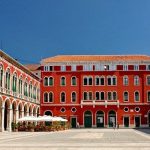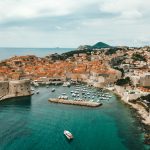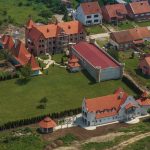Browse through Croatian history for this week; you may be surprised by what you read…
March 5
Dora Pejačević is a Croatian and member of the Pejačević noble family, one of the most distinguished noble families in Slavonia, who died on this day. Pejačević was born in Budapest to a Croatian ban, Hungarian-Croatian Count Teodor Pejačević and Hungarian Baroness Lilla Vay de Vaya. Growing up, Dora learned to play the piano from her mother and already began composing music by the age of 12. Dora attended music schools in Zagreb, Dresden, and Munich which led her to be considered one of the significant Croatian composers to this day. After her death in 1923 due to complications during childbirth to her son Theo, Dora left behind 58 opuses (106 compositions), including songs, piano works, chamber music, and pieces for large orchestras, mostly done in late-Romantic style. Her life was even fictionalized in the Croatian biographical film Countess Dora. Dora Pejačević is buried at the cemetery in Našice, Croatia.
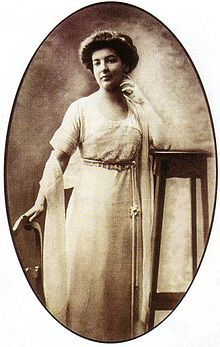
Photo by Wikipedia
March 6
Bartul Čulić is a former Croatian football player, Yugoslavia representative, and one of the top goalkeepers in the history of Hajduk Split who was born on this day in 1907. Čulić began his career as a goalkeeper at 16-years-old at ŠK Uskok. As a talented goalkeeper, he moved up in the ranks to Split’s Borca (once called RNK Split) and, with a long-standing defensive record, attracted the attention of the strongest Split club – Hajduk. As a successor to Otmar Gazzarija for Split, Čulić defended Hajduk from 1926 to 1939 in 285 official games. He stands in fifth place on the list of Hajduk goalkeepers with the most performances in the club’s history behind Vukčević, Ante Vulić, Beare and Pudara. With Hajduk, Čulić won two championships in 1927 and 1929. By profession, Čulić was a carpenter and later a municipal employee, but in memory, he is a powerful and unusually brave keeper who would risk even the most fatal injuries to save his goal. For example, he would jump into the most immense crowds which would result in a bloody head and knees. He was Hajduk’s goalkeeper for 13 years. Čulić was also the goalkeeper for the Yugoslavia national team and defended the team in 10 games (1931-1935).
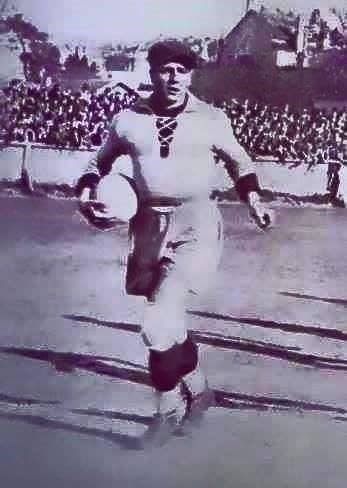
Photo by Hajduk u drugom svjetskom ratu 1941.-1945. Ratni Hajduk Facebook Page
March 7
If you were around Dubrovnik from 1910 to 1970, chances are, you probably remember the famous streetcars (or trams) which today are just a part of our memory. The Dubrovnik streetcars operated between the Pile City Gate to the Gruž port. During its 6-decade long operation, the Dubrovnik streetcars carried around 100 million passengers. It’s termination, however, was marked by a deadly accident on this day in 1970 where the tram slipped off its rails and into the park in front of Pile City Gate. Some two weeks later, on March 20, 1970, the tram service operated their last full day. Bus routes have since replaced the tram line.
https://www.youtube.com/watch?v=v=ts6nTiG6Sig
March 8
Alija Alijagić was a Bosnian communist, member of Crvena Pravda, and an assassin known for carrying out an assassination attempt on Milorad Drašković, a Serbian politician and the Minister of Internal Affairs of the Kingdom of Yugoslavia, on July 21, 1921. Drašković was ultimately shot and killed by Alijagić. Interestingly, even though Drašković was an anti-communist who put forth several pieces of anti-communist legislation, the Communist Party of Yugoslavia condemned the act. The killing, however, forced King Alexander to implement a new law for the protection of the state which deemed the communist party illegal. Alija Alijagić was executed by Alois Seyfried in Zagreb for the act on this day in 1922.
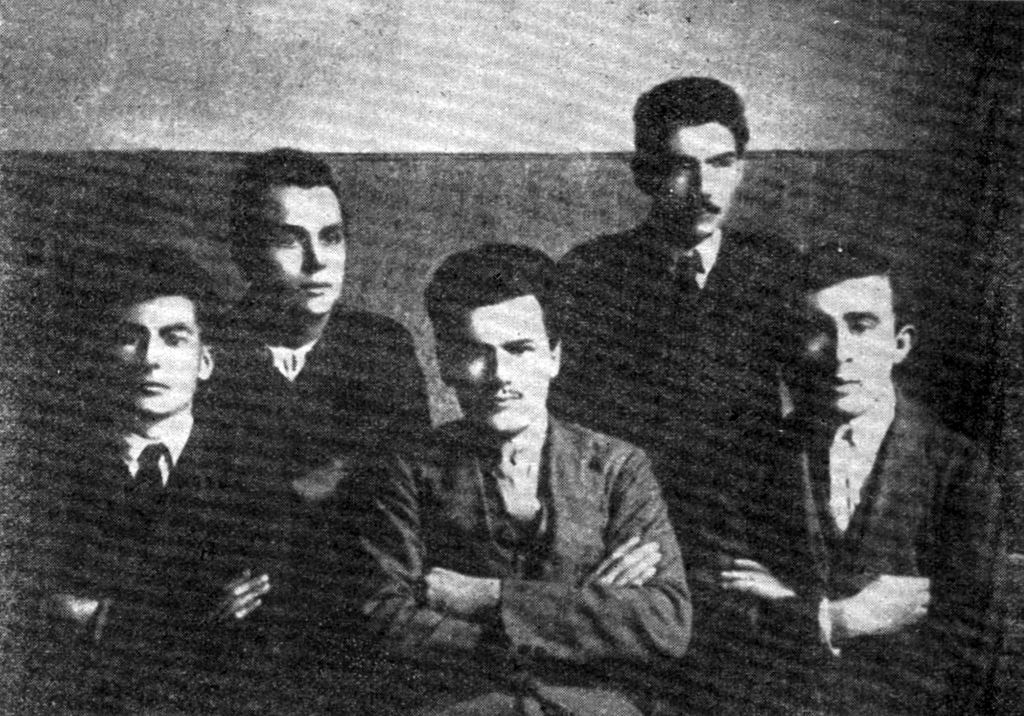
Photo by Wikipedia – Crvena Pravda (Alijagić far left)
March 9
In 1920, the Kingdom of Serbs, Croats, and Slovenes, and Italy both laid claims on Rijeka. Under the ‘Treaty of Rapallo’, however, the Independent Free State of Fiume (now known as Rijeka) was established (1920-1924). Unfortunately, after Benito Mussolini became the new ruler of Italy, Fiume (Rijeka) was annexed to Italy on this day in 1924. Rijeka was later occupied by German troops in 1943 and was taken by Yugoslav forces in 1945. The city was then annexed to the Socialist Republic of Croatia under the Paris peace treaty of 1947.
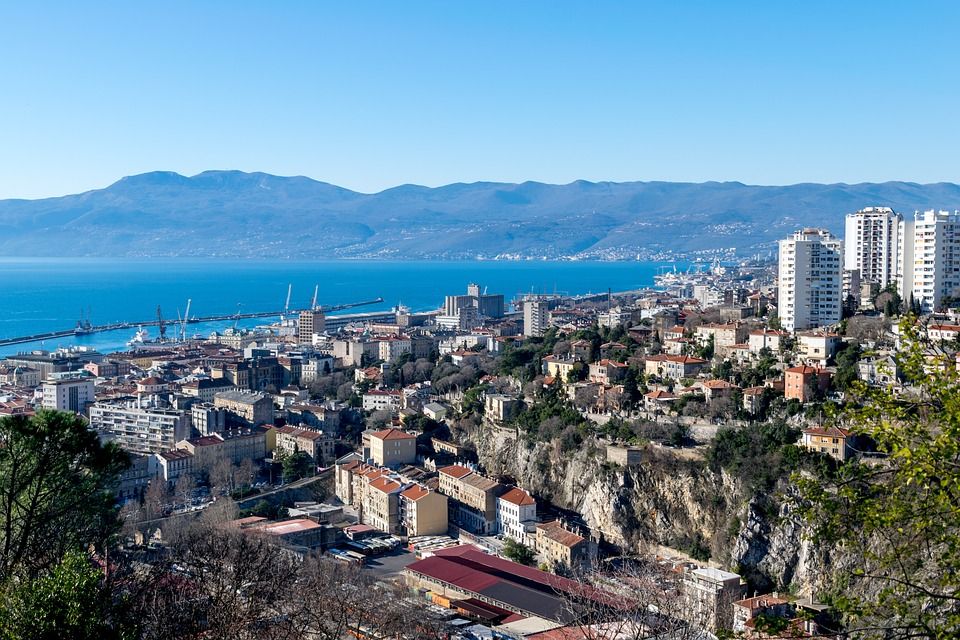
Pixabay
March 10
Croatian national team player and FC Barcelona midfielder Ivan Rakitić was born on this day in 1988. Born in Switzerland to Croatian parents, Rakitić started his professional football career at Basel, followed by Schalke 04, Sevilla, where he was the club captain, and then to Barcelona where he has played since 2014. At Barcelona, Rakitić has won La Liga, Copa del Rey, Champions League, Spain Supercopa, UEFA Super Cup, and the FIFA Club World Cup. Rakitić made his Croatian national team debut in 2007 and has represented Croatia in the Euro 2008, 2012, 2016, and the World Cup 2014. He will also be representing Croatia this summer in Russia.

Wikimedia
March 11
Dragutin (Dragojlo) Kušlan, a Croatian lawyer and politician, died on this day in 1867. He was an Illyrian, and with Ivan Mažuranić, was engaged in establishing an advanced people’s party. During the 1848-1849 Revolution, he was a member of the Bansko Council and a member of the Croatian delegation at the Slavic Congress in Prague in 1848. He was a supporter of the federalization of the Habsburg monarchy and Austro-Slavic politics, though this attitude was radicalized after the oath of the Constitution was promulgated in March 1849. He edited the newspaper “The Slavic South” and the weekly “Prijatelja puka”. He co-operated with Prince A. Czartorysky for the establishment of the Hungarian-Slavic Alliance against Austria; he also met Mr Andrássy. Because of neo-absolutism in 1857, he was forbidden to practice law. After returning to the constitutional state (1860), he was a member of the Croatian Parliament. He was an opponent of cooperation with Vienna and supported the joint Croatian-Hungarian struggle against centralism, which was conditioned by the recognition of territorial integrity and extensive autonomy for Croatia and Vojvodina. Together with M. Šuhaj, he published the articles of the Parliamentary Assembly of the Kingdom of Dalmatia, Croatia and Slavonia since 1861 in four books.
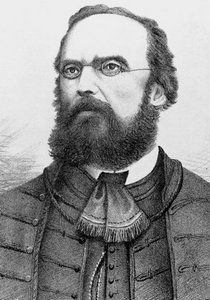
Wikimedia




